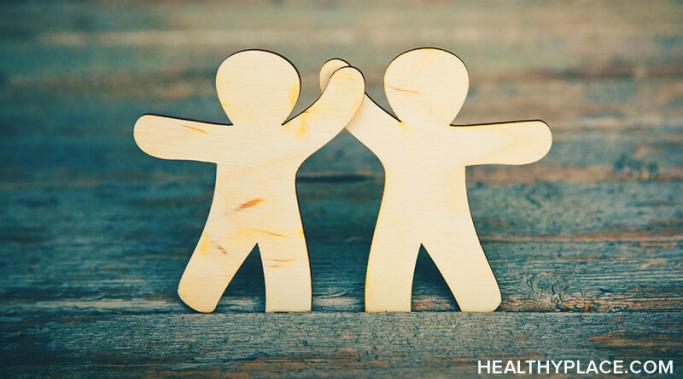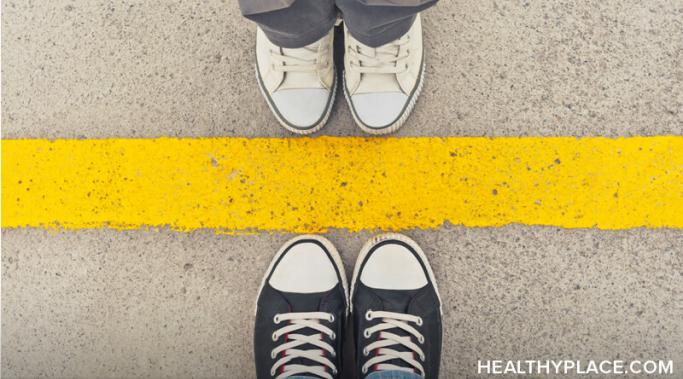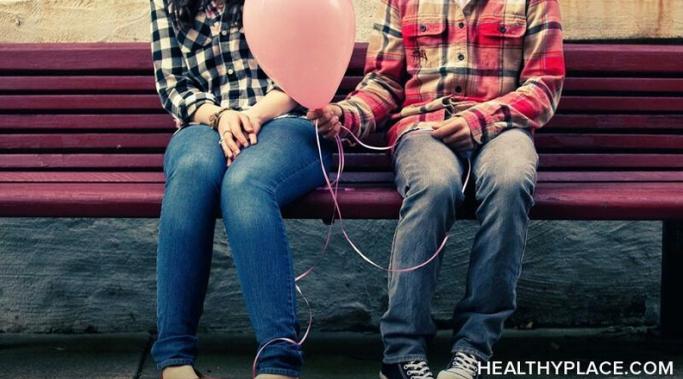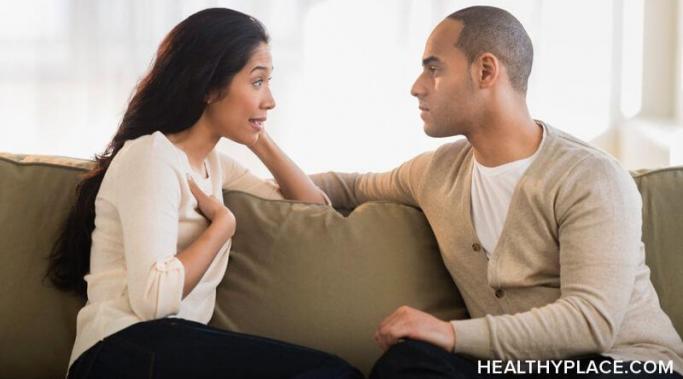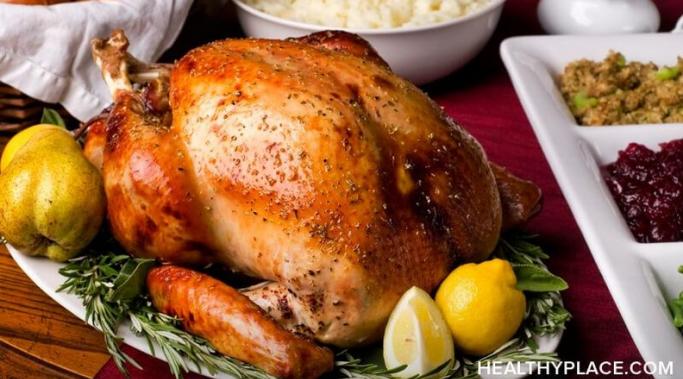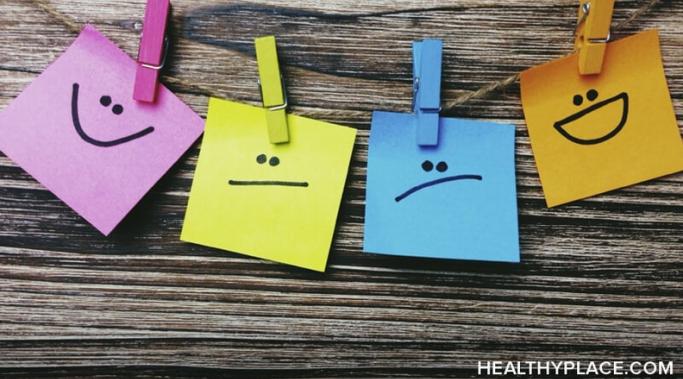This article is not meant to be a universal claim about eating disorders, as I can only speak from my own observations and experiences. But in many cases, I believe that eating disorder behaviors manifest on the surface to mask a fear of rejection deep within.
Family Relationships
There will often come a time in the healing process when you feel an impulse to share what you've learned with someone else and invest in their eating disorder (ED) recovery as well. I have experienced that urge in my own personal journey, and I've also watched it manifest in other ED recovery warriors I know.
In my own experience, boundaries are frequently talked about in the mental health community as pillars of self-care, but all too often, it's unclear how to create and reinforce those healthy boundaries. I define boundaries as an instruction manual for which behavioral dynamics, communication habits, and interpersonal treatment I either will or won't tolerate in my relationships—and life overall.
In just a couple of days, I will turn 30. To those who have spent more time on this earth than I have, this might not seem like such an extraordinary milestone, but 10 years ago, I never imagined that I would be alive to see my 20th birthday—let alone my 30th. That version of me felt hopelessly convicted to a life sentence of anorexia.
One of the first lessons I had to confront in eating disorder (ED) recovery is that, more often than not, triggers are unavoidable. As much as I still want to insulate myself from these triggers that activate my harmful thought patterns, sheer avoidance is an unrealistic goal. The fact is, I will encounter situations that trigger me because I am a human who lives in the world. Many areas of life are chaotic, stressful, anxiety-inducing, and just plain uncontrollable—I cannot hide from this reality. So, a more effective use of time is to equip myself with tools to deal with ED triggers in environments outside my control.
I know firsthand just how much of a challenge it can be to prioritize eating disorder recovery this time of year—or even in general, for that matter. So if your commitment to healing is wavering at the moment, I want to share with you five reasons why I believe that eating disorder recovery is worth it. This is not to minimize the pain or turmoil you might feel, but I do hope the list below inspires and encourages you to continue on the path to reclaiming a healthy, empowered life. Eating disorder recovery is no simple feat, but I can tell you from experience, the outcome is so worth it.
I'll state the obvious: dating someone in eating disorder (ED) recovery can be difficult. Since my husband and I are coming up on our 11th wedding anniversary, I'd thought I'd take the opportunity to talk about the challenges of forming healthy relationships when one party is struggling with an ED.
If you deal with an eating disorder (ED), it's no secret that the holidays can lead to heightened stress—both for you and for those in your support network. However, when you take the time and effort to communicate your specific ED recovery needs to loved ones, it can reduce the tension and help you feel more at ease this holiday season. Not to mention, once friends or family members know what your ED recovery needs are, they will be able to offer the right kind of support, reassurance, encouragement, and accountability.
Synonymous with gorging oneself on immense quantities of food and drink, for those of us in eating disorder recovery, Thanksgiving can be a stressful time. However, you don't have to suffer. There are some simple ways you can navigate Thanksgiving in eating disorder recovery, and they all involve one key strategy.
Before offering my advice, most loved of those in eating disorder recovery want to know how they can help, but understandably, people aren't always sure where to go for it. In this video, I talk about the one thing that well-meaning, but misguided, loved ones would do that has undercut my confidence in recovery.

